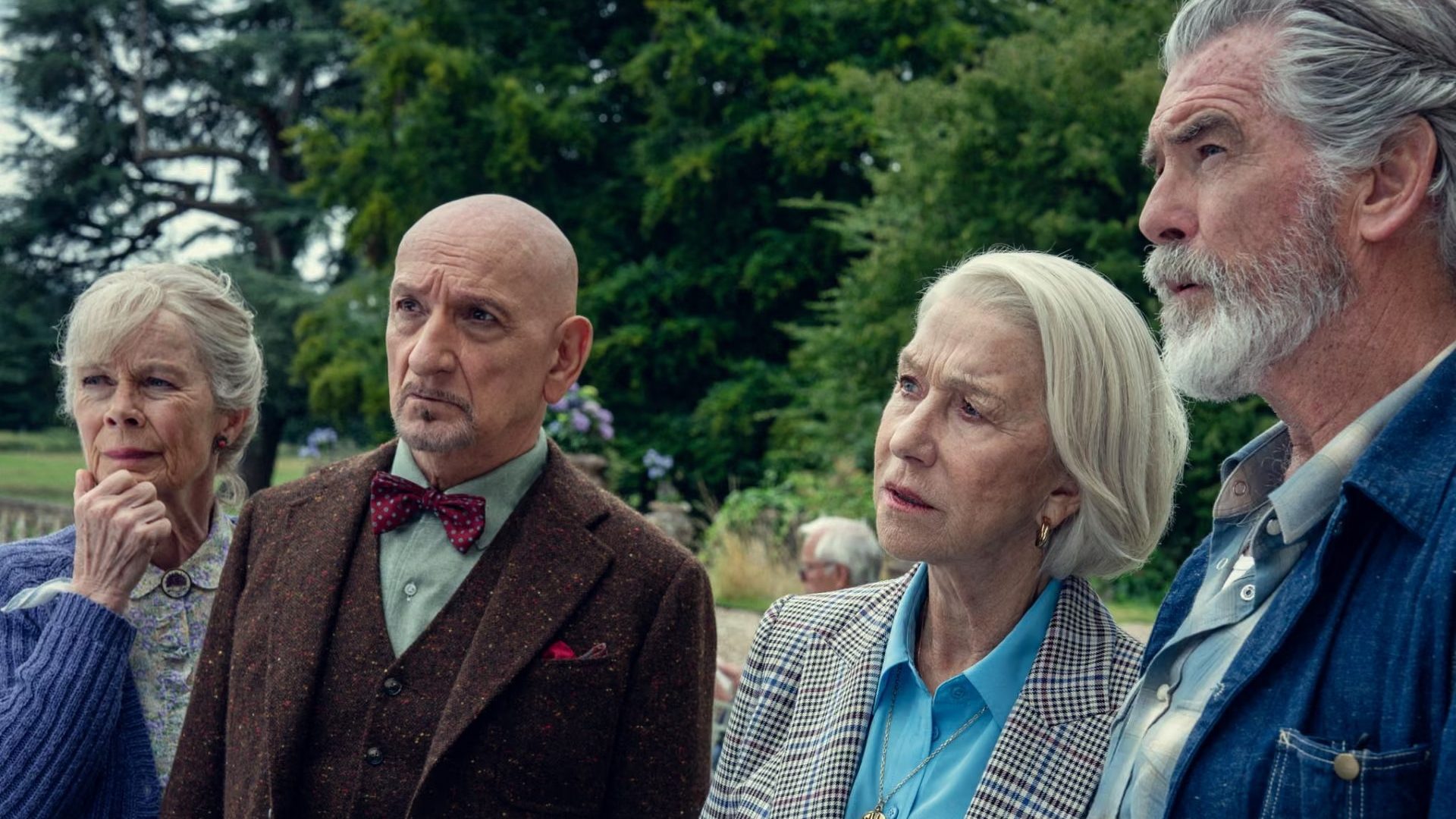What would you want from a book about the whips office? The first answer coming to mind is probably the obvious one: proper gossip or, failing that, engaging anecdotes. After all, the MPs in charge of keeping their colleagues on the straight and narrow are said to know everything about everyone. Any piece of work about them ought to lift the lid on what really happens in Westminster.
Happily, Seb Whale’s The Usual Channels offers more than its fair share of stories. There is, for example, a record of the quite remarkable phone calls that used to take place in the 1970s between the Labour whips and the wife of Frank Maguire. He was the independent MP for Fermanagh and South Tyrone and would, on occasion, vote with the government, back when said government had no majority to speak of.
“Oh, Frank can’t come Tuesday – it’s dance night”, she would say. The whips would, as a result, schedule all important votes that week for the Wednesday. “The business of the government literally depended on dance night at a pub in Fermanagh.”
Another hair-raising vignette involves an MP, unnamed, who “once crashed a car while over the limit with a woman who was not his wife in the front seat”. The police was called to the scene, he was breathalysed, then instructed to appear before Horseferry Road Magistrates’ Court. Whips intervened and “his case was heard at the unusual time of nine in the morning before the press had arrived. It normally opens at ten. It was never in the newspapers.”
If these two tales whetted your appetite, you’re in luck: there is a lot more where that came from. No, really, a lot. The Usual Channels has an introduction, which explains some of the basics, then it gets into the thick of it. Over more than 400 pages, Whale goes through the last 50 years of British politics and runs through dozens of events, minor and major, all seen through the eyes of the whips.
It’s an interesting format, and has its fair share of highlights – Harriet Harman arguing that “the idea that Michael Cocks could do pastoral support is like putting Dracula in charge of a blood bank” is one of many – but it sometimes struggles to hit the spot. It isn’t necessarily Whale’s fault: there are only so many ways in which even the most skilled writer can explain that tight votes are stressful, and MPs can behave poorly.
In fact, it’s worth coming back to that question: what would you want from a book about the whips office? The job is so often shrouded in mystery, and the MPs who do it are usually respected, feared or both. Is there really a little black book, in which they keep secrets about naughty parliamentarians? Do they do the bidding of their leader? Their government? Their party? Are they loyal to the bosses or to the footsoldiers they’re trying to take care of? Are some of them only loyal to themselves and their own?
Suggested Reading


No, Unite the Right was not about women’s safety
There are countless questions and few ways in which to answer them definitively. That’s the pesky thing about British politics: so much of it is informal, overly personal and wholly based on characters and relationships that no pronouncement can really be made with any real confidence.
Whale’s idea to anchor his story in chronological history was, as a result, both occasionally frustrating and probably the only way to go about it. As he explains, whipping under Wilson had little in common with whipping under Thatcher, or Blair, or Corbyn. In fact, it could be argued that no two whips were the same, and the relationships they have with their “flock” – the MPs they’re in charge of – are all unique. Some will cajole and others will threaten; genuine friendships can develop over time, and seething hatred can entrench itself on day one.
In a way, writing about whips isn’t unlike writing about romantic love; you’d be a fool to try and explain it as a concept without giving endless examples, yet you would need to give too many of them for your picture to feel comprehensive enough.
Still, there is one unifying theme in The Usual Channels. You catch a whiff of it when whips have to get an appeal out to an MP on BBC Radio after he failed to turn up to the Commons for two months. It lies just under the surface whenever Spencer Le Marchant’s penchant for consuming comically large amounts of alcohol in the morning are mentioned.
It’s there, quite plainly, when deputy chief whip David Heathcoat-Amory opens a meeting by highlighting that it’s National No Smoking Day, “before adding: ‘Would anyone like a cigarette?'”. Everyone lights up in the end, “even the non-smokers”.
It’s best summarised by quoting Theresa May, in a scene which, as it happens, didn’t make it into the book. The prime minister would, once a week, get the chief whip to tell her about all the various bits of wrongdoing committed by her parliamentarians. She would sit there, not saying much, but on one occasion she piped up sadly and asked: “why can’t they just do their job?”




